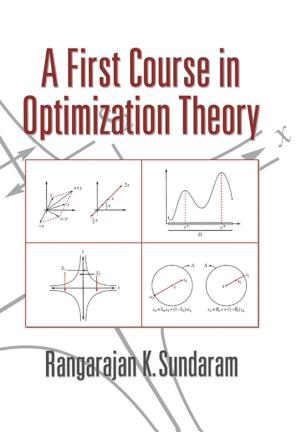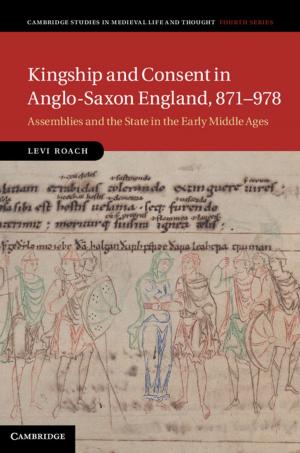Aristotle on the Uses of Contemplation
Nonfiction, Religion & Spirituality, Philosophy, Logic, Ancient| Author: | Matthew D. Walker | ISBN: | 9781108369206 |
| Publisher: | Cambridge University Press | Publication: | March 31, 2018 |
| Imprint: | Cambridge University Press | Language: | English |
| Author: | Matthew D. Walker |
| ISBN: | 9781108369206 |
| Publisher: | Cambridge University Press |
| Publication: | March 31, 2018 |
| Imprint: | Cambridge University Press |
| Language: | English |
Traditionally, Aristotle is held to believe that philosophical contemplation is valuable for its own sake, but ultimately useless. In this volume, Matthew D. Walker offers a fresh, systematic account of Aristotle's views on contemplation's place in the human good. The book situates Aristotle's views against the background of his wider philosophy, and examines the complete range of available textual evidence (including neglected passages from Aristotle's Protrepticus). On this basis, Walker argues that contemplation also benefits humans as perishable living organisms by actively guiding human life activity, including human self-maintenance. Aristotle's views on contemplation's place in the human good thus cohere with his broader thinking about how living organisms live well. A novel exploration of Aristotle's views on theory and practice, this volume will interest scholars and students of both ancient Greek ethics and natural philosophy. It will also appeal to those working in other disciplines including classics, ethics, and political theory.
Traditionally, Aristotle is held to believe that philosophical contemplation is valuable for its own sake, but ultimately useless. In this volume, Matthew D. Walker offers a fresh, systematic account of Aristotle's views on contemplation's place in the human good. The book situates Aristotle's views against the background of his wider philosophy, and examines the complete range of available textual evidence (including neglected passages from Aristotle's Protrepticus). On this basis, Walker argues that contemplation also benefits humans as perishable living organisms by actively guiding human life activity, including human self-maintenance. Aristotle's views on contemplation's place in the human good thus cohere with his broader thinking about how living organisms live well. A novel exploration of Aristotle's views on theory and practice, this volume will interest scholars and students of both ancient Greek ethics and natural philosophy. It will also appeal to those working in other disciplines including classics, ethics, and political theory.















